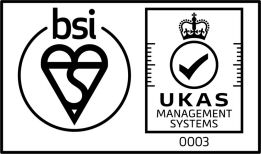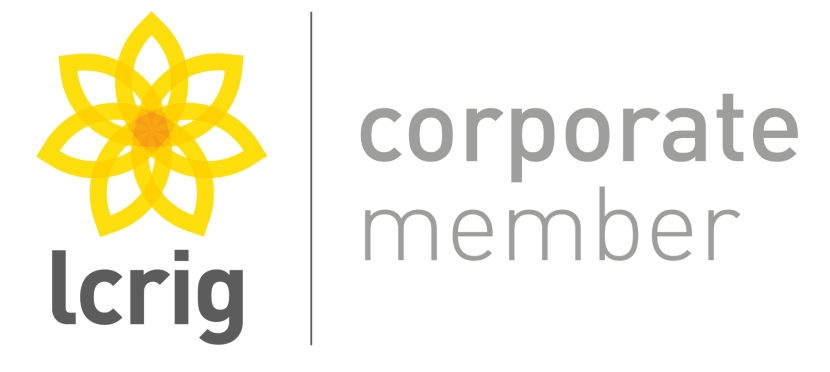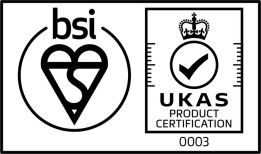Eurovia's equal opportunities pledge
Eurovia is fully committed to the elimination of unlawful and unfair discrimination and value the differences that a diverse workforce brings.
As an equal opportunities employer we support the principles of equality and diversity in employment (and in the provision of services). Every reasonable effort is made to ensure that there is no unlawful or unfair discrimination on the grounds of colour, nationality, race, ethnic or national origin, religion, belief, disability, age, gender (including pregnancy and maternity leave), gender reassignment, sexual orientation or married or civil partner status or trade union membership or activity in the way that the Company treats its employees, contractors, job applicants and visitors.
All employees are responsible for the promotion and advancement of this policy. In the course of providing services, workers employed by Eurovia will not do, assist or encourage any act which amounts to a breach of discrimination law; and will in any event aim to treat everyone they come into contact with, with fairness and respect. All staff are expected to observe this policy in their behaviour towards other employees, contractors, customers and members of the public.
We work to avoid unlawful discrimination in all aspects of employment including recruitment, promotion, opportunities for training, pay and benefits, discipline and selection for redundancy. Employees will be recruited solely on the basis of work criteria and the applicant's abilities and individual merit.
We hold the Investors In Diversity standard and have also signed up to the CIHT Diversity & Inclusion Charter.
Eurovia is proud to recruit and retain outstanding talent from all backgrounds, genders and ethnicities within our business.
We hold Investors In Diversity status and are committed to challenging misconceptions about the engineering sector to attract more women into an industry that offers a huge range of exciting opportunities for everyone up to the highest level.
This report covers the Government's gender pay initiative, which compares the average hourly rates of pay of all men and women within every organisation employing more than 250 people. The presence of a gender pay gap doesn't necessarily mean an employer is paying men and women unequally, but indicates for us that there are fewer women in a range of roles, and this is something we want to work to change.
We commit to publishing this type of report annually in March and to demonstrating the improvements we are making year on year.














